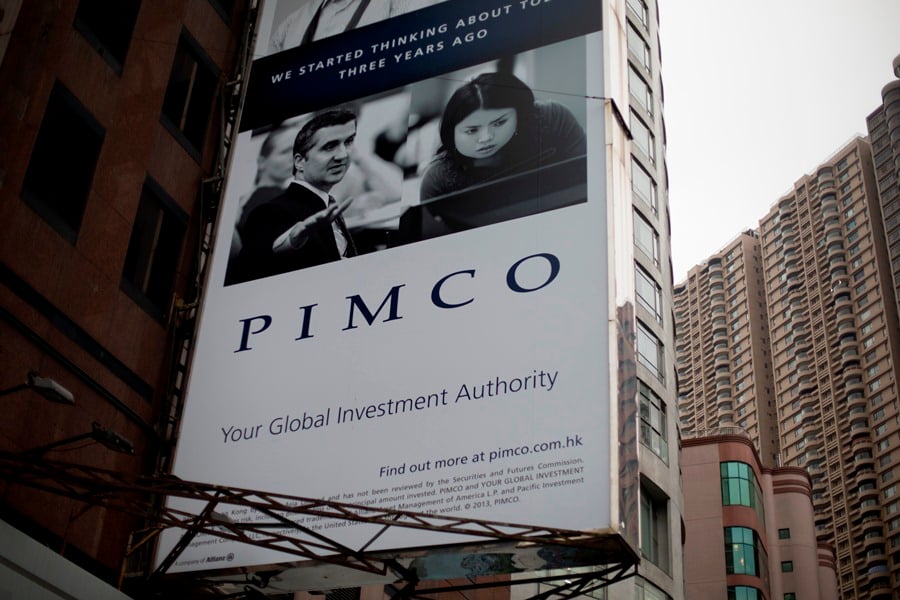Pimco will fight a lawsuit by an investor who says the fund giant overcharged Total Return Fund shareholders while richly compensating Bill Gross and Mohamed A. El-Erian even as the world's largest bond fund underperformed.
The firm's response came Wednesday after lawyers for a Clinton, Wash., man filed a complaint asking federal judges to claw back “improper compensation” retained by the Newport Beach, Calif., fund giant, which managed $1.9 trillion as of Sept. 30.
Robert Kenny purchased shares of the Total Return Fund in 2011, according to his lawyers, who said the fund's managers and board failed to rein in charges to investors. The firm's executives, including Mr. Gross and Mr. El-Erian, were paid handsomely as the fund underperformed its competitors, according to his lawyers, who practice at the Seattle firm Keller Rohrback.
Pimco
paid the two executives a combined $520 million in bonuses in 2013, according to a November report by Bloomberg News, citing documents provided by an anonymous source. Pimco denied the report at the time.
The fund's institutional share class, PTTRX, returned -1.9% that year, ranking behind 60% of its peers but beating its benchmark index, according to Morningstar Inc. The fund was beat by both its average competitor and by that benchmark, the Barclays U.S. Aggregate Bond Index, last year.
Mr. Gross — then Pimco's chief investment officer and the fund's manager — left the firm he helped found,
under pressure, in September. Mr. El-Erian, who had been his heir apparent,
left sixth months prior. Mr. Gross is now a
portfolio manager at Janus
Capital Group Inc.; Mr. El-Erian is
chief economic adviser to Pimco parent Allianz SE.
“News of both El-Erian's and Gross's departures compounded the poor results of the fund,” the lawyers wrote.
The lawsuit is the
latest in a series of actions that argue the fees charged by mutual fund companies are excessive. Courts sometimes dismiss the cases before trial, but more recently, judges have allowed an increasing number to move forward past that stage.
“Pimco believes this lawsuit is without merit and intends to vigorously defend itself,” said Agnes Crane, a spokeswoman for Pacific Investment Management Co., in an emailed statement.
The $143 billion Total Return Fund currently charges total annual fund operating expenses between 46 and 160 basis points, according to
a fund prospectus updated last Friday. One hundred basis points equals 1%.
Taxable bond funds with an institutional share class charged 76 basis points, on average, in 2013. Higher-priced funds that pay commissions to brokers, known as “load” funds, charged an average 162 basis points, according to Lipper.
In its last fiscal year, which ended last March, fund shareholders paid Pimco $1.3 billion in advisory, supervisory and administrative fees on $232 billion in assets, according to the fund's annual report.







